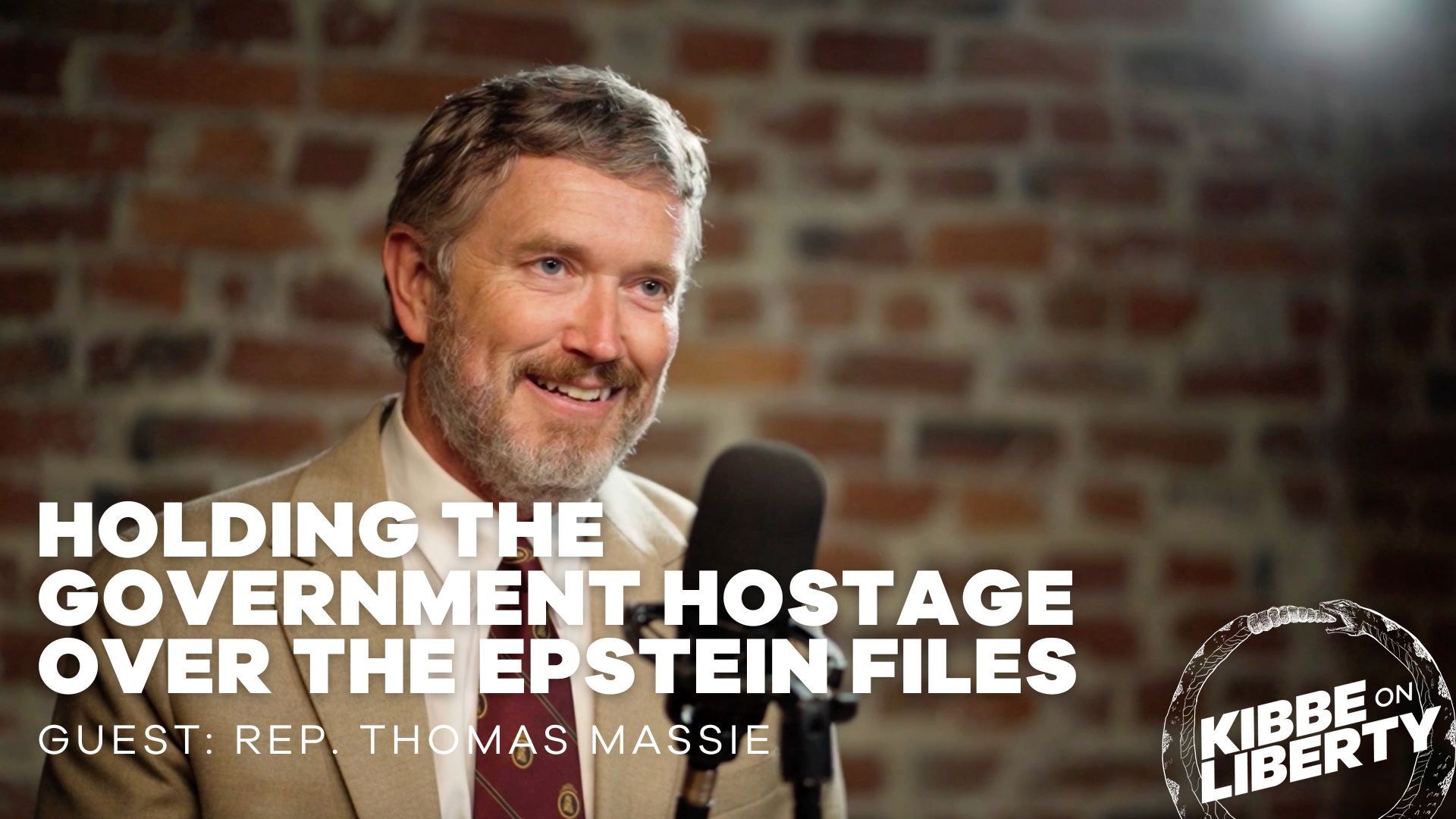
On “What Must Be Done”
In most schools—public and private—children are brainwashed into believing that the federal government is not only benevolent, but that it protects the individual’s life, liberty, property, and pursuit of happiness. Though that was the original intention of the country’s founders, space need not be wasted to elaborate on how the malignant State has not only deviated from that plan—to say the least—but has deftly and progressively persecuted the individual since the nation’s limited government was established. Making matters worse, Americans cheer on the growth of the State, via the political sport known as democracy, thereby cheering on the loss of their own protection; violated rights be damned as long as your “team” is doing the violating. Instead of protecting the very people who are forced to pay tribute to it, the State parasitizes the population while convincing the masses that there would be chaos without its parasitic predation. Just as John Calhoun foresaw today’s political polarization, Frédéric Bastiat foresaw the inferiority of majoritarian democracy, writing in the year of Calhoun’s death, “as long as it is admitted that the law may be diverted from its true mission, that it may violate property instead of securing it, everybody will be wanting to manufacture law, either to defend himself against plunder, or to organize it for his own profit.”
In his lecture—What Must Be Done—given in January of 1997, Hans-Hermann Hoppe defined the State “as a compulsorily-funded territorial monopolist of protection.” No one, regardless of ideology, likes a monopoly, unless, of course, one is the monopolist. Why? Because the goods and services offered by a monopoly grow increasingly expensive while the quality of those goods and services progressively deteriorates. Contrary to what the senator from Massachusetts might tell you, the State is not only what enables so-called monopolies to form in the real economy, the State itself is the only unchecked, true monopoly. Why tolerate this when, as Hoppe notes, “peaceful cooperation between humans is a perfectly natural and constantly reemerging phenomenon”? Hoppe continues, “Just as property and social cooperation based on the division of labor are natural, so the human desire to have one’s property protected against natural and social disasters, such as crime, is a completely natural desire.” Since peaceful cooperation and the desire for protection are natural, why do we tolerate an unnatural monopoly that only hampers cooperation and provides inadequate protection? In the latter fifth of his lecture, Hoppe offers a blueprint for initiating “a bottom-up revolution,” one that requires “the defensive use of democracy, that is, the use of democratic means for non-democratic, libertarian pro-private property ends.”
Yes, “non-democratic” can be synonymous with “libertarian.” If that triggers the reader, attempt to find fault with Hoppe’s thoughts on democracy below before writing him off, thoughts that likely foreshadowed Hoppe’s eminent work four years later—Democracy: The God That Failed.
“But if the government is limited,” you might ask, “surely, democracy is a force for good, right?” Wrong. The question disregards completely what Hoppe and Murray Rothbard before him demonstrate as irrefutable: “the impossibility of limited government.” Again, the country’s founding government was limited, and now it is the largest empire the world has ever seen. Arguing in favor of limited government is akin to arguing in favor of limited coercion. Why must the minarchism-anarchism debate persist? Republicans and even left-libertarians sell limited government as the solution, but libertarians know that limited government is nothing more than a campaign promise, a farcical illusion. Hoppe continues:
Anarchy has many definitions, but Hoppe is by no means promoting some version of raucous Caracas; on the contrary, he promotes anarchism: a political theory holding all forms of governmental authority to be unnecessary and undesirable and advocating a society based on voluntary cooperation and free association of individuals and groups. Hoppe readily admits that:
Just as voluntary exchange is what enables capitalism to enrich the world, governance’s absence of monopolies will enrich us further. “But we need regulation to prevent capitalism from running amok,” the reader might bewail. That type of thinking leads to the creation of monopolies, not to the enhancement of voluntary exchange; unbridled competition—the best regulator—will provide the optimal outcome. From Hoppe’s lecture:
In the Wild West, not minding one’s own business got one shot, but today, intervening in others’ lives, domestic and abroad, is celebrated among those who joyfully submit their autonomy to the State, thanks to mob rule and to the State’s monopoly of protection, justice, and education.
Again, Hoppe provides a blueprint for “a bottom-up revolution” that, if implemented, will bring about an end to Americans’ ability to politely steal from each other via passive-aggressive theft on the ballot: “the restoration from the bottom-up of private property and the right to property protection; the right to self-defense, to exclude or include, and to freedom of contract.” Hoppe’s plan is not fictitious fantasy, and now that more and more people are coming to the realization that the State is not a transcendental being, why not implement Hoppe’s plan immediately? From Hoppe’s lecture, “there appears to be no insurmountable difficulty in winning [a majority for a decidedly anti-democratic platform] in sufficiently small districts, where a pro-private property candidate and anti-majoritarian personality can win.” Though your author is by no means criticizing Hoppe’s proposal, is it possible that even Hoppe underestimated State savagery when he gave his lecture 22 years ago? Did Hoppe overlook what happened in Waco, Texas four years prior? Does the imprisonment of people like Ross Ulbricht and Schaeffer Cox lend credibility to the possibility that Hoppe’s strategy might be more difficult to implement today? Are there different means that can ultimately accomplish what must be done? If so, what are they? The next post will attempt to address the last two questions.
This article originally appeared on Uncle Nap.
Free the People publishes opinion-based articles from contributing writers. The opinions and ideas expressed do not always reflect the opinions and ideas that Free the People endorses. We believe in free speech, and in providing a platform for open dialogue. Feel free to leave a comment.



